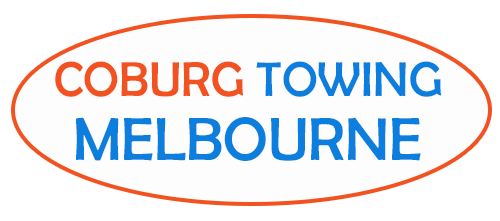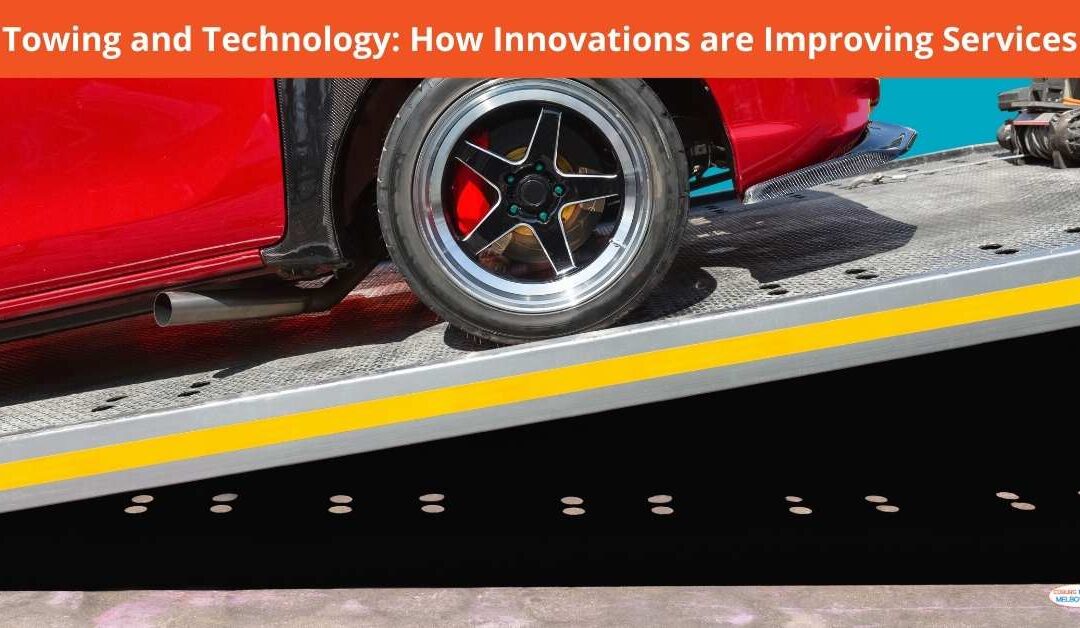The towing industry, often seen as a traditional service, has been rapidly evolving with the introduction of new technologies. Innovations in towing services are not just improving the efficiency and reliability of these operations but also enhancing the overall customer experience. From advanced GPS systems to eco-friendly vehicles, the industry is transforming to meet modern demands. Here’s a look at how technology is reshaping the world of towing.
1. Real-Time GPS Tracking and Dispatch Systems
One of the most significant improvements in towing services is the use of real-time GPS tracking and automated dispatch systems. In the past, getting a tow truck to your location might have involved long waits and confusion about where the truck was. Now, thanks to GPS-enabled systems, tow trucks can be dispatched quickly, and customers can track their vehicle’s tow in real-time.
These systems allow dispatchers to assign the closest available truck, reducing response times and improving overall service. For consumers, this means faster and more efficient service, especially during emergencies. Additionally, customers can receive updates via apps or SMS about the estimated arrival time of the tow truck, adding convenience and transparency.
2. Mobile Apps for On-Demand Towing Services
Mobile technology has made a big impact in the towing industry. Several companies have developed apps that allow users to request towing services with just a few taps. Much like ride-sharing apps, these platforms offer customers the ability to:
Find nearby tow trucks
Request service instantly
Get upfront pricing
Track the arrival of the truck
This shift toward on-demand towing services has made it easier than ever for customers to get the help they need, without having to call multiple companies or wait indefinitely for assistance.
3. Automated Diagnostics and Vehicle Recovery
Advancements in automotive diagnostics are also influencing towing services. Modern tow trucks are equipped with tools that allow operators to perform basic diagnostics on the spot. This technology can determine whether a vehicle needs towing or if a minor repair, like jump-starting a battery or changing a tire, will solve the issue.
For consumers, this means that a tow truck might not always result in your car being taken to a repair shop. In some cases, a problem can be diagnosed and fixed right there, saving you both time and money.
Moreover, the integration of telematics—technology that allows for remote vehicle diagnostics and data transmission—helps towing companies assist with accident recovery and report more efficiently.
4. Eco-Friendly and Electric Tow Trucks
As the world moves towards more sustainable transportation, the towing industry is also adapting with eco-friendly innovations. The introduction of hybrid and electric tow trucks is one way the industry is reducing its environmental impact. These trucks reduce emissions and operate more quietly, which is particularly beneficial in urban areas where noise pollution is a concern.
In addition to electric vehicles, some towing companies are utilizing greener practices by incorporating lightweight materials and aerodynamic designs into tow trucks, helping to save fuel and reduce carbon footprints. These eco-friendly initiatives align with broader global efforts to combat climate change and promote sustainability.
5. Safety Innovations: Autonomous and Smart Tow Trucks
Autonomous vehicle technology is slowly making its way into the towing industry. While fully autonomous tow trucks are still in development, the introduction of semi-autonomous systems is improving safety for operators and motorists alike. Features like automatic braking, lane assist, and collision avoidance systems are becoming more common in tow trucks, helping reduce accidents on the road.
Additionally, smart tow trucks equipped with advanced cameras and sensors provide drivers with enhanced visibility, especially during night operations or in challenging weather conditions. This not only protects the tow truck operator but also ensures safer towing and loading of vehicles.
6. Improved Communication with Customers
Technology has made it easier for towing companies to communicate with their customers, which leads to improved transparency and service. Many companies now use customer relationship management (CRM) systems to keep track of service requests and communicate status updates. This technology ensures that customers are kept informed throughout the towing process, from dispatch to vehicle drop-off.
For instance, customers can receive automatic text alerts when the tow truck is en route, and digital receipts can be sent after the service is completed. This enhanced communication fosters trust and ensures customers are never left in the dark.
7. Drones for Traffic and Incident Management
In some regions, towing companies are beginning to use drones to assess traffic accidents and manage the scene more efficiently. Drones can provide an aerial view of the accident site, helping to identify the safest and quickest way to recover vehicles. This technology can significantly reduce the time it takes to clear roadways, improving traffic flow and reducing the risk of secondary accidents.
Drones can also be used to survey and monitor high-traffic areas, providing real-time data to towing companies and law enforcement to better respond to incidents.
8. Enhanced Training and Virtual Reality (VR) for Tow Operators
Tow truck operator training is being enhanced with the use of virtual reality (VR) and simulation technology. These tools allow operators to practice vehicle recovery in various scenarios, from accidents to breakdowns in difficult terrains. VR training provides a safe and controlled environment where operators can improve their skills without risking damage to vehicles or injury.
This type of training helps ensure that tow operators are better prepared for real-world challenges, leading to safer and more efficient towing services for consumers.
Final Thoughts
The towing industry is undergoing a technological transformation that is making services faster, more efficient, and safer for both consumers and operators. Whether it’s through real-time tracking, on-demand apps, eco-friendly trucks, or advanced safety features, these innovations are enhancing the towing experience in ways that were unimaginable just a few years ago.
For consumers, this means quicker response times, greater transparency, and more reliable service, setting a new standard for what to expect when you need help on the road. As these technologies continue to evolve, the future of towing looks more streamlined and customer-focused than ever before.
If you are in Fawkner, Victoria 3060, and looking for a car removal service, this is the best way to visit us.
Coburg Towing Melbourne
31 Cameron St,
Coburg VIC 3058
03) 9999 7525


Recent Comments